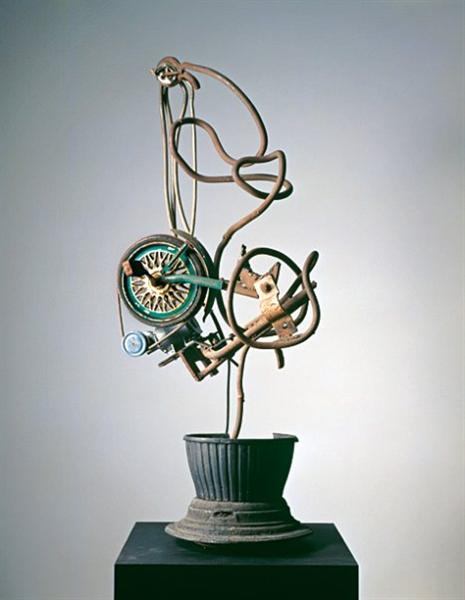Title of Artwork: “St. Liberata Triptych”

Artwork by Hieronymus Bosch
Year Created 1500-1504
Summary of St. Liberata Triptych
Dutch artist Hieronymus Bosch created a triptych titled The Crucifixion of St. Julia. Dendochronological studies fixed the date of this piece to around 1497; before to that, it had been debated, as had been the case with many other Bosch paintings. At Venice, it can be found in the Palazzo Ducale.
All About St. Liberata Triptych
Some historians believe Bosch painted this during a visit to northern Italy, while it was more likely commissioned by an Italian merchant or diplomat working in Flanders.
The triptych was first documented in 1771 in the dissertation Della pittura veneziana, which noted that it could be found in the “Sala dell’Eccelso Tribunale” of the Palazzo Ducale. The Austrians relocated it to Vienna in 1893, and it stayed there until 1919, when it was brought back to Venice. Fire has destroyed the picture, but its provenance as a Bosch painting has never been questioned.
Crucifixion of a saint, typically identified as Saint Julia of Corsica, is seen on the main panel (sometimes with Saint Wilgefortis). A big throng, including executioners and common people, gathers at the foot of the cross in a depiction relating to Christ’s crucifixion, with the dominant topic woman standing prominently against a sky backdrop. The man who faints and is helped up by bystanders is a stock character.
Both sides depict cities: one on the right is a harbour with fantastical dome-shaped structures and several sunken ships, while the other is a city in flames inhabited by demons. At the bottom are a number of parapets, and on the left is a hermit in a dark cowl (perhaps St. Anthony in Meditation), while on the right are a monk and a soldier who point to the central panel and are commonly thought to be slave traders.
Information Citations
En.wikipedia.org, https://en.wikipedia.org/.

























